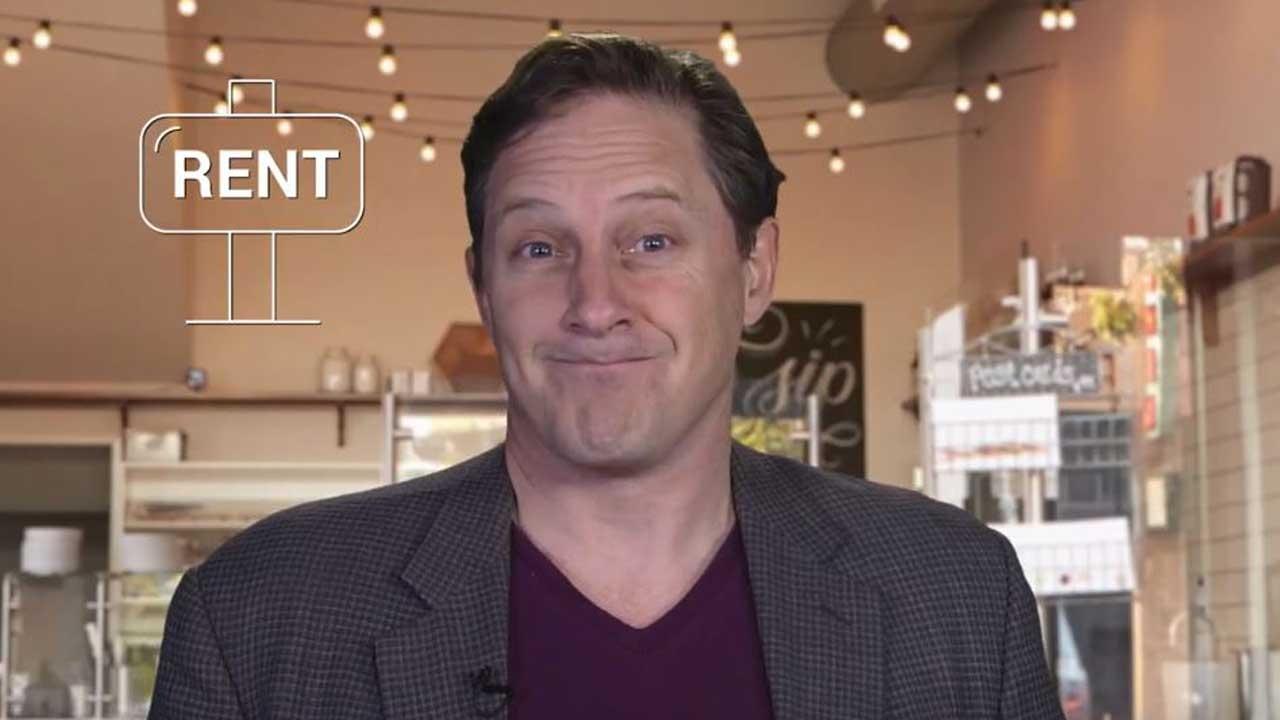Buying Your Dream Home Should Not Be a Nightmare
If you’ve never owned a home before, let’s get the first thing out of the way, first: You don’t have to do this. You’re still a thoughtful, responsible, delightful, and frankly sexy person of great moral character even without owning your home. Renters are people too!
Ok, now that we got that out of the way - you should totally own your home. In the long run, the financial benefits outweigh the costs. There’s a reason homeownership is the biggest tool around for middle-class wealth building.
Also, quick note: I said long run. Home ownership works WAY better, financially, if you have in mind staying for at least 5 years in one place, and ideally staying for multiple decades in one place. Only staying in that house for 2-3 years? Just rent, dude.
Ok, but how do you go about buying your home the best way?
Let’s talk about a few steps.
Savings & the Down Payment
The classic rule for home ownership is that you’ll need a 20% down payment to qualify for the best mortgage loan rates. A 20% down payment may seem incredibly daunting. Because in case nobody has said this yet - houses aren’t cheap! 20% of the purchase price seems huge! A 20% down payment, realistically, takes years to acquire.
Mortgage programs exist for first-time home buyers, and other groups like veterans with less than 20% - like 10%, 5%, 3% or even 0% down - but you will probably end up paying a higher interest rate plus mortgage insurance that raises your overall cost of borrowing with those lower down payments. It could still be worth it to buy a home without the 20% down payment, but you’ll pay extra.
Credit
Step 1 - Buy your own credit score before you even apply for a mortgage loan. It will cost you up to $20 at one of the 3 main credit bureaus (www.experian.com, www.transunion.com, www.equifax.com) but since the banks use it as a major screening tool, you might as well know how banks will evaluate you.
Step 2 - If you have less than perfect “Prime” credit (below a 720 FICO, generally), you’ll need to know that upfront. If you have less than perfect “Prime” credit, this is a good time to think about whether you’re ready to buy a home right now. Buying a home will not help you deal with late credit card payments. Buying a home will not help you get caught up on student loan debt. Buying a home under this circumstance is likely to make your credit worse, not better.
Step 3 - Whether you have good credit, or decide to proceed with less than a 720 FICO, do some deep breathing either way because it’s time for the highly invasive personal financial procedure known as ‘getting a mortgage loan.’
The Mortgage Loan Documentation Process
Prepare for deep financial scrutiny from your mortgage lender. They want to know your income. Proof of employment. At least two years of tax returns. Money in your bank or credit union checking and savings account. Money in your investment accounts. Money in your retirement accounts. All your debts. Student loans. Credit cards. Even personal loans from Mom and Uncle Bob have to be fully documented. And then all that same info for your spouse too.
This can be, frankly, uncomfortable. Even annoying. And then your mortgage lender will come back and ask for backup documentation on the most obscure part of your loan package. While you pretty much have to do all this, all I can say is: Breathe. You will get through it. Banks really do want to lend you money for your home purchase, they are just really persnickety about documenting all your financial information.
It’s Worth It
In sum, for the most pain-free home buying experience, you’ll want to
- Plan on 5 years or more in that house
- Save a ton of money - up to 20% - for the down payment
- Know your credit. Strongly consider waiting longer if your credit isn’t perfect.
- Adopt the patience of Job while your lender asks you intimate questions about your financial life.
Do all that and - home sweet home baby - The American Dream of homeownership!



